Across the country, people are discovering the possibilities of medical marijuana. Living better is just as important as living longer. Curaleaf helps you restore essential aspects of your true self by delivering the highest standards of cannabinoid therapies in a compassionate and knowledgeable environment.
Cannabinoids
Cannabinoids are chemical compounds which activate the cannabinoid receptors found throughout our bodies. Phytocannabinoids are the natural forms of these chemicals found in highest concentrations within female cannabis flowers – more specifically, within the resin glands on the surface of the flower. There are at least 85 different cannabinoids identified and isolated from various cannabis strains. Each has a unique influence on the body’s endocannabinoid system. (1)
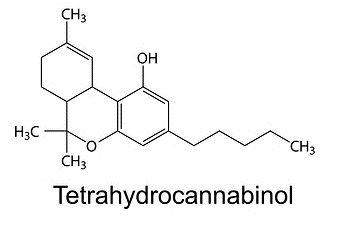
THC is the best-known cannabinoid and is the primary psychoactive compound. It has also been found to be neuroprotective with analgesic (pain relieving) effects.(2)
THCA is the most prominent compound in fresh, undried cannabis. The compound does not have psychoactive effects in its own right. For more information on this cannabinoid, visit Steep Hill Labs, Inc.

Many of the medical benefits attributed to cannabis are because of CBD. Many strains are selectively bred to increase their CBD content. CBD is not psychoactive. (2)
CBDA is a non-psychoactive cannabinoid. For more information on this cannabinoid, visit Steep Hill Labs, Inc.
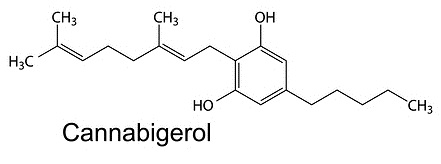
CBG is a non-psychoactive cannabinoid. For more information on this cannabinoid, visit Steep Hill Labs, Inc.

CBN is also non-psychoactive and is generally attributed with a sedative effect. The typical amount of CBN found in most samples of cannabis is less than 1%. (2)

CBC is perhaps the least understood cannabinoid, but potentially among the most important. For more information on this cannabinoid, visit Steep Hill Labs, Inc.
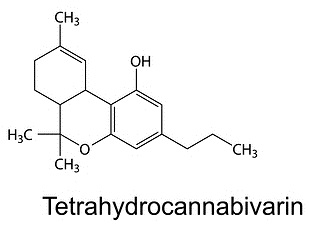
THCV is commonly believed to be an appetite suppressant. For more information on this cannabinoid, visit Steep Hill Labs, Inc. (2)
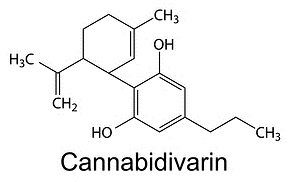
CBDV has been a relatively ignored cannabinoid. For more information on this cannabinoid, visit Steep Hill Labs, Inc.
Terpenes
Terpenes are the fragrance molecules found emanating from all plants – including cannabis, which offers a unique scent from one strain to the next. The fragrant imprint of each plant is a result of different combinations of terpenes. Cannabis is unique in that each strain has a unique profile of terpenes. Terpenes are believed to exhibit medicinal properties independent from the cannabinoids. Overall, terpenes contribute to a strain’s particular influence – a phenomenon known as the entourage effect. (3)
Linalool is simple terpene alcohol, probably best known for the pleasant floral odor it gives to lavender plants. It is also known as β-linalool, licareol and linalyl alcohol. Linalool has been isolated in several hundred different plants including lavenders, citrus, laurels, birch, coriander and rosewood. For more information on this terpene, visit Steep Hill Labs, Inc.
Terpinolene is a monoterpene, part of the terpinene subfamily of terpenes. Terpinolene is found in oregano, marjoram, cumin, lilac, some citrus rind and conifers. For more information on this terpene, visit Steep Hill Labs, Inc.
When the Chlorophyll molecule degrades, it breaks down into two parts. The ‘tail’ portion is Phytol, an oily diterpene. For more information on this terpene, visit Steep Hill Labs, Inc.
β-Myrcene is a monoterpene, and for a wide variety of reasons, one of the most important terpenes. It is a precursor in the formation of other terpenes, as well. β-Myrcene is found fresh mango fruit, hops, bay leaves, eucalyptus, lemongrass and many other plants. For more information on this terpene, visit Steep Hill Labs, Inc.
Citronellol is a monoterpenoid, closely related to Geraniol, and is found in geraniums, rose, some citrus rind. For more information on this terpene, visit Steep Hill Labs, Inc.
Caryophyllene oxide is the oxidation product of beta-Caryophyllene. For more information on this terpene, visit Steep Hill Labs, Inc.
α-Pinene is one of the principle monoterpenes, and is important physiologically in both plants and animals, and to our environment. It’s found in conifer trees, orange peels among others, and known for it’s sharp sweet odor. α-Pinene is a major constituent in turpentine. For more information on this terpene, visit Steep Hill Labs, Inc.
D-limonene is a cyclic terpene of major importance with a strong citrus odor and bitter taste. Limonene is one of two major compounds formed from α-Pinene. For more information on this terpene, visit Steep Hill Labs, Inc.
Beta-caryophyllene is a sesquiterpene found in many plants including Thai basils, cloves and black pepper, and has a rich spicy odor. For more information on this terpene, visit Steep Hill Labs, Inc.
Humulene is a sesquiterpene also known as α-humulene and α–caryophyllene; an isomer of β–caryophyllene. Humulene is found in hops, cannabis sativa strains, and Vietnamese coriander, among others. Humulene gives beer its ‘hoppy’ aroma. For more information on this terpene, visit Steep Hill Labs, Inc.
References
(1) Steep Hill Labs, Inc. – Cannabinoids
(2) Evio Labs – How Cannabis Works
(3) Steep Hill Labs, Inc. – Terpenes
All compound images sourced from CrescoLabs.
Inhalation forms are any type of medical cannabis that are put into the body through the lungs. The benefit of these medications is that patients feel rapid effects, usually within 5 to 10 minutes. The effects last a shorter duration, ranging from 2 to 4 hours on average.
Many patients, especially those without previous experience, report that inhalation forms allow for easily controlled doses. Since the effects are felt quickly, finding the appropriate dose in a conservative fashion is possible.
Inhalation forms can be either combusted (burned, with a fire) or vaporized (changed from liquid to gas, like boiling water into steam).
Combustion, or burning, generates smoke, which is inhaled to the lung. Smoke can irritate the lung, cause coughing and is known to contain ingredients that are linked to cancer; however, this is still a popular method of using medical cannabis.
In the last decade, vaporization has become increasingly popular due to the adverse effects associated with combustion. Vaporization does not generate smoke; thus, it is generally referred to as a “cleaner” process. It involves exposing the product to small amount of heat (generally from a battery), which then puts the active ingredients into a vapor.
Inhalation products are Flower (dried bud) which is usually packaged in to 3.5 gram bottles. Pre-rolls are pre-rolled joints that often come in packs of 3 or 4. There are also concentrated forms like oils (packaged into Cartridges), or solid Concentrates (wax, crumble, shatter).
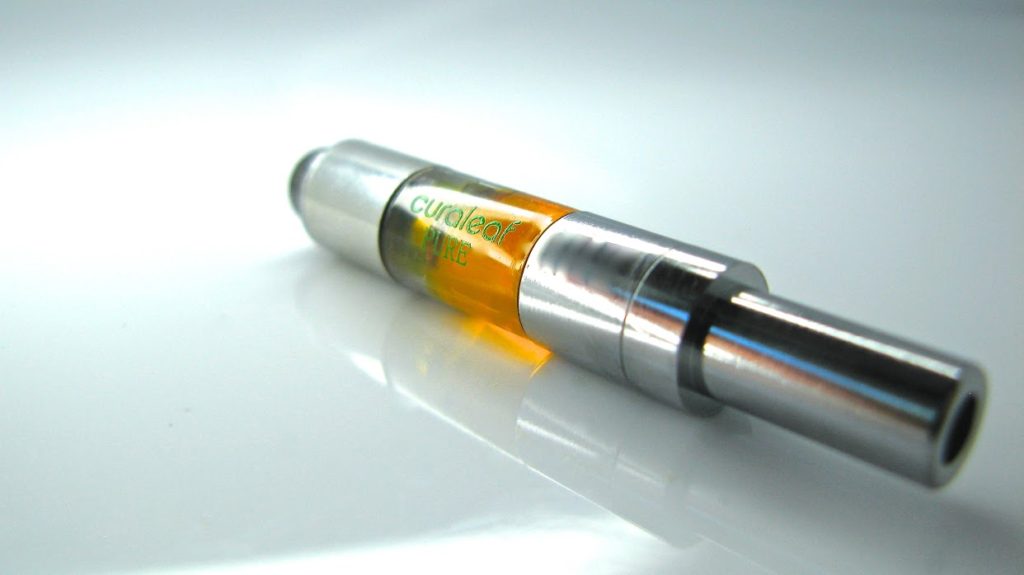
Ingestible Forms
Ingestible forms are any type of medical cannabis that is swallowed and absorbed through the stomach. This form of medicine tends to be the most potent, but also the most unpredictable, due to the differences in each patient’s body. The effects of ingestible forms can be felt as soon as 20 minutes, or as long 2 hours, depending on the dose, metabolism and activity level of the patient, and if it’s taken with or without food. Once the effects kick in, the medication tends to last anywhere from 5 to 8 hours. Due to the human body’s processing of the medical cannabis, the effects tend to be more intense versus inhaled or sublingual forms.
Medibles, or medical edibles, are baked goods infused with cannabis oil. These are things like cookies, brownies, and honey. Generally, patients require a small piece of a baked good as their “dose”, so the caloric intake is minimal.
Effervescent tablets are a water-compatible option for cannabinoid delivery. Each tablet is formulated with concentrated oils derived from the cannabis plant and must be dissolved in 8-12 ounces of cold or hot, non-carbonated beverage to ingest. Note that the tablet will take longer to dissolve in colder drinks and must be store in dry storage due to their moisture-sensitive nature. Typically sold in packs of 10 dissolvable tablets.
Capsules and tablets are formulated with concentrated oils derived from the cannabis plant. They are pre-filled and packaged to specific doses and formulations. These are swallowed just like a traditional pill. Most formulations come in packages of 10 capsules but there are some that come in packs of 5.
Oil Syringes are concentrated oils that are pre-packaged into oral syringes. These oils can be used straight from the syringe, or mixed into foods and eaten. We also stock empty gel capsules so that you may make your own formulation of capsule to swallow.

Sublingual Forms
Sublingual forms are any type of medical cannabis that is absorbed underneath the tongue. Typically, patients feel the effects of these medications within 30 minutes of administering. The effects of sublingual products generally last 4 to 6 hours. There are several formulations developed for use sublingually.
Tinctures (made using alcohol) or oral solutions (made with coconut oil), are both liquid forms of highly concentrated medication that come with a dropper to aid with measuring. Patients typically need a few drops for their dose. These forms can also be ingested (see above).
Strips (called Slips) are a thin gel material that dissolve rapidly when wet. These can also be cut into small pieces to help regulate the dosage. Strips come in packs of 10. Sprays are used the same way, and are metered to a specific dose. Each bottle contains 50 metered doses. All of these products contain natural peppermint oil and taste like a breath mint.
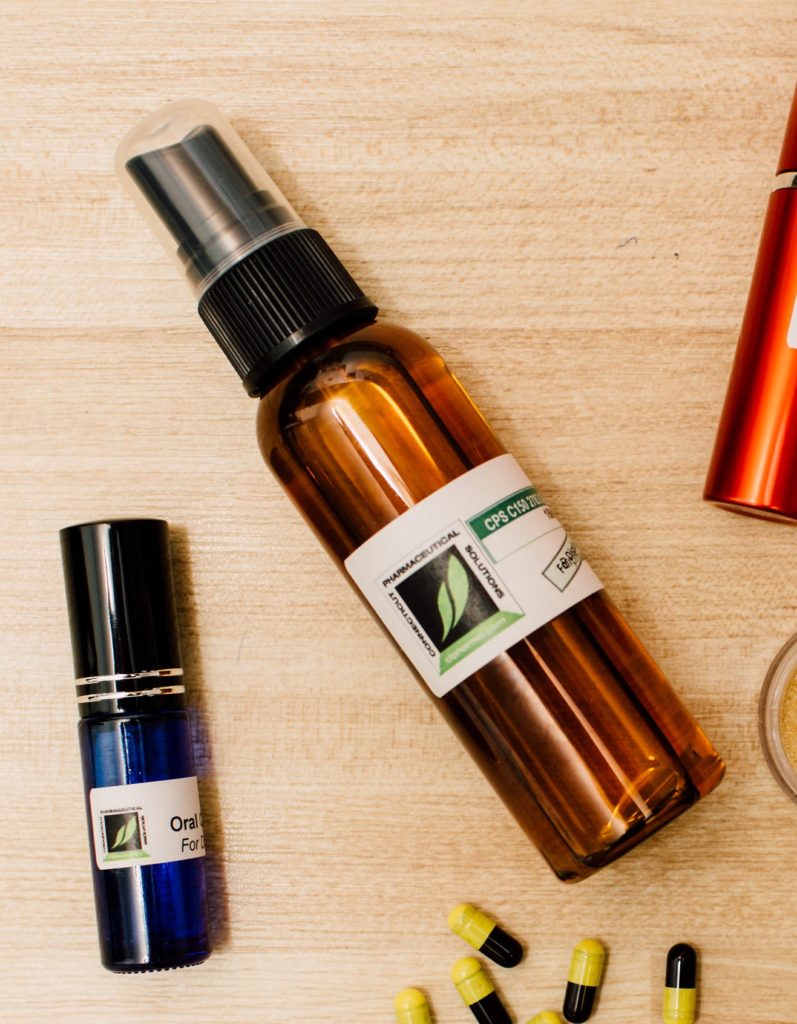
Topical Forms
Topical forms are any type of medical cannabis that is applied directly to the skin. These formulations are absorbed directly where applied, and have a very low risk of any type of psychoactive response, so they can be used as needed. Patients find that topical products help with inflammation on the skin, or with pain or swelling in joints below the skin. Many patients report that it takes several days or weeks of repeated use to see results.
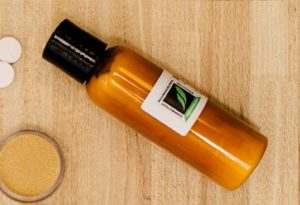
CT Medical Marijuana Producers
Only producers licensed by CT’s Department of Consumer Protection are authorized to cultivate marijuana. At this time there are 4 licensed producers.

Advanced Grow Lab’s success stems from ongoing efforts to develop and improve the MMJ products for the patients of Connecticut. Their goal is the patient’s goal: to improve quality of life by providing exceptional medicine. They strive to achieve this through consistent high quality and consistency in dosing.
Located in West Haven, CT
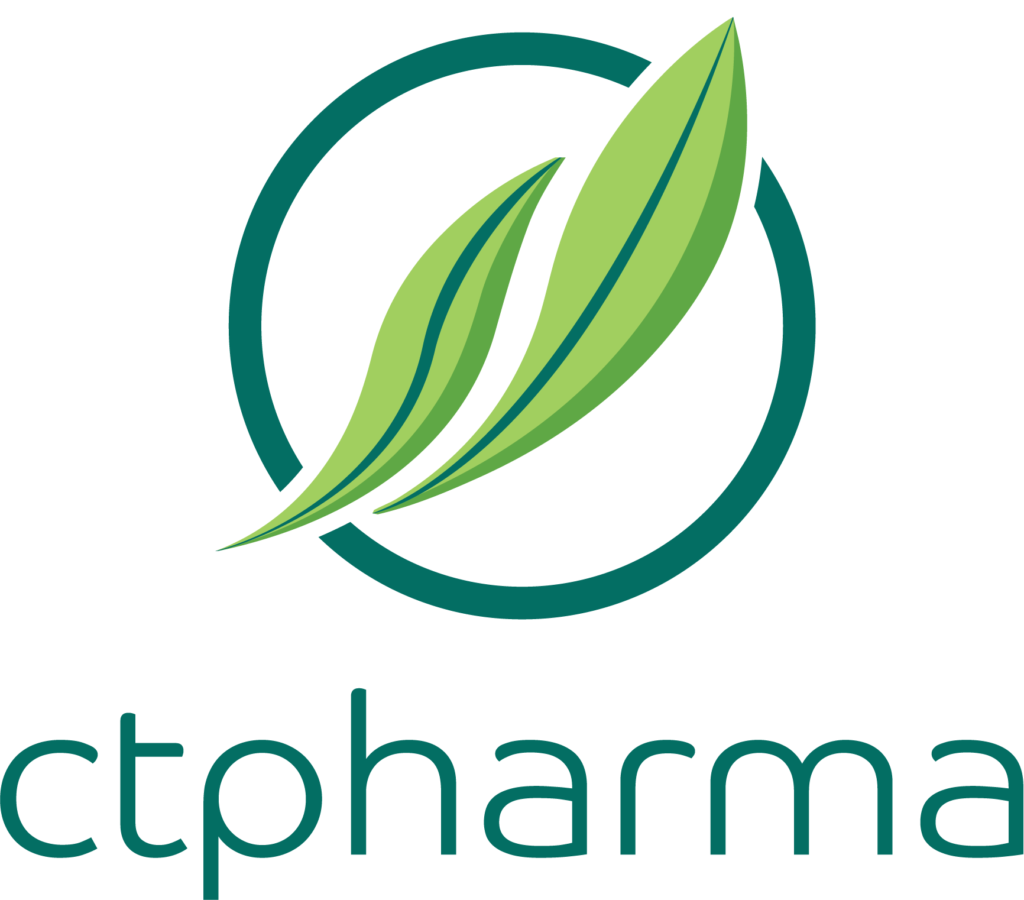
CT Pharmaceutical Solutions (CPS) [is] a CT medical marijuana producer and research firm focusing on the utilization of science and technology to develop innovative medicines and treatment products that improve the quality of life for medical marijuana patients in Connecticut. [Their] company has brought together a leading multidisciplinary team of professionals and researchers from around the country in order to achieve a deeper understanding of the chemistry and science behind medicinal marijuana and its components. [They] employ state-of-the-art technologies to create new treatments and value for patients.
Integrity, trust and quality are at the heart of everything [CPS does], and [their] goal is clear — to be known as an innovator in the industry, discovering medical marijuana treatment solutions for debilitating conditions.
Located in Portland, CT
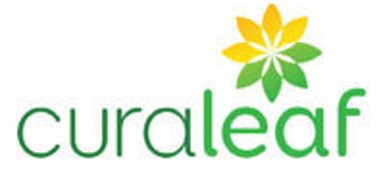
Curaleaf is dedicated to deliver an exceptional patient and caregiver experience through:
- Compassionate, professional care in a respectful and nurturing environment.
- Safe, consistent, and reliable cannabis products using proprietary processes.
- Industry-leading, educational resources to offer you the best recommendations and choices.
- First in class cannabis-based therapeutic solutions and facilities.
Located in Simsbury, CT

Theraplant, a licensed Medical Marijuana Producer in the State of Connecticut, has been cultivating, processing and packaging medical cannabis and derivative products since 2014. Upon the inception of Connecticut’s Medical Marijuana Program, Theraplant was recognized by the Department of Consumer Protection as the highest scoring applicant and was awarded the first of four cultivation licenses in the state. Theraplant was the first producer to supply dispensaries with medical cannabis products in September of 2014 and has since continued to deliver quality products in a variety of forms, consistencies and genetic compositions for the benefit of Connecticut’s qualifying patients. Theraplant remains dedicated to the success of the CT’s Medical Marijuana Program, advancing the science of medical cannabis and, in the spirit of [their] founder & CEO Ethan Ruby, putting “patients first, always.”
Located in Watertown, CT
